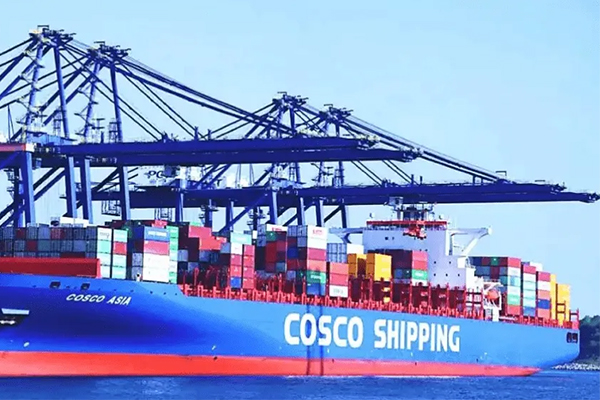Matic Express Logistic company ,Amazon FBA Shipping service
May I choose FOB or EXW item when working with a freight forwarder?
FOB: it mean that is Free On Board acronym, FOB is one of the common trade terms which used in
international trade.The buyer is responsible for sending a ship to receive the goods in FOB transaction,
the seller should load cargo to buyer’s designated ship in prescribed port of shipment and stipulated
period in the contract,meanwhile you should timely tell the buyer. When the goods are loaded on the
designated vessel at the port of shipment, the risk is transferred from the seller to the buyer.
EX Works means that deliver goods from factory.The seller has the responsibility to deliver the ready
goods to the buyer at his place (such as workshop, factory, warehouse, etc.), but it is usually not responsible
for loading the goods onto the vehicle prepared by the buyer or for customs clearance of the goods.
The Buyer assumes all costs and risks of transporting the goods from the Seller's location to the intended
destination.
For export forwarders, these terms apply to foreign designated goods, which is what we often call
freight collect.So it will be up to the foreign customer to designate the forwarder to operate their
goods, let's talk about the composition of international freight and the part of costs to be borne
by the consignee or consignor. As we all know, international freight is roughly divided into three
parts: port of departure, freight , port of destination. As for the consignor, if the trade terms are
FOB item, then the consignor should bear all the operation costs before the goods are put on the
plane or ship and other means of transportation, that is, the cost of the port of departure, such as
delivery fees, export customs clearance fees, documentation fees, etc., and the rest of the freight
and destination port costs are borne by the consignee; if it is FCA, the consignor only needs to bear
the delivery costs, that is, the goods are sent to the designated port or warehouse, the rest If it is EXW,
the consignee has to bear all the costs, i.e., the cost of the port of origin , freight , the cost of the port
of destination, while the consignor doesn’t have to bear any costs. On the contrary, for import forwarders,
they have to provide price and charge corresponding service fees to customers according to the terms
and conditions. For these three terms, whether FOB, FCA or EXW, the consignor has the responsibility
and obligation to cooperate with the forwarder to provide all export declaration documents to the
customs, although some costs do not need to be borne by the consignor.


 EN
EN
